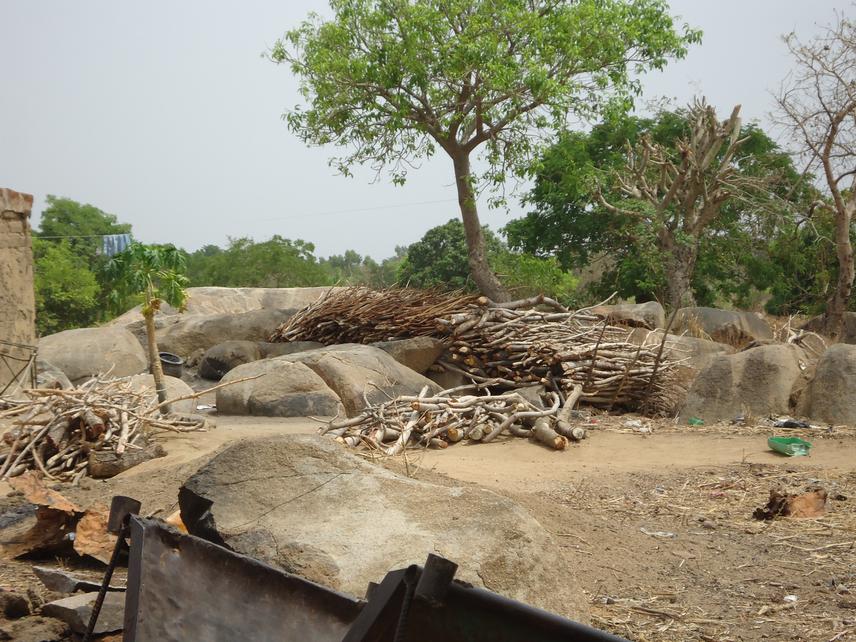Abel Kadeba
Other projects
13 Jun 2013
Diversity, Dynamic and Use of Rocky Hills (Inselbergs) Vegetation in Western Burkina Faso
The effective conservation of natural ecosystems requires knowledge of the reproductive patterns of component plant species.This proposed project aims to examine the reproductive patterns of three native species of rocky hills vegetation communities in Burkina Faso that are overexploited by women for local beer decantation. The three overexploited species are Grewia bicolor, Ceiba pentandra and Adansonia digitata. The project also seeks to analyze the performance of these species in reforestation trials. Thus, we will use field-based observations to better understand the reproductive patterns of these species. The seeds of these species will then be harvested for germination tests. Finally, planting trials will be established to facilitate long-term data collection on the performance of the three species and their potential for use in reforestation projects.

Overexploitation of local species for socio-economic activities.
Local beer (dolo) is used in socio-cultural ceremonies performed in rocky environments throughout the country. The preparation of dolo occurs throughout the year and is most often practiced by women to generate income to help feed and educate their children on a daily basis.There is an increasing scarcity of preferred plants used in the decantation of dolo due to the impact of a changing climate and socio-economic pressures causing an increase in the number of women engaging in the activity.
Grewia bicolor, Ceiba pentandra and Adansonia digitata are three locally-native plant species that are in high demand by local women for Dolo decantation. This is causing regeneration problems for these species. These species are becoming increasingly difficult to locate around concessions and fields. Protecting and enhancing the remaining populations of these species will require raising the local populations’ awareness and understanding of the improved practices that will support the sustainable exploitation of these species. Achieving this will require improved knowledge of the regeneration mechanisms of these species and their perfomance and optimal management in reforestation projects.
For this project, the following activities shall be carried out:
1- SPECIES REPRODUCTION PATTERNS
This activity will involve locating and monitoring wild specimens of each species to determine their reproduction patterns. The monitoring will involve assessing the different regeneration mechanisms of the species by excavating the below ground system and assessing basal and aerial sprouts.
2- SPECIES SEED COLLECTION
This activity will involve field trips to collect seeds from each of the targeted species. Seeds will be collected from dominant or co-dominant trees of each species. Trees meeting these categories will have a clear bole, a well developed crown and abundant seed production.
3-SEED GERMINATION AND PERFORMANCE IN PLANTATIONS
This activity will involve establishing the seed germination and planting trials. The trials will be conducted in the village of Koro. The first stage will use a pot-based trial test the seed germination capacity of each species without pre-treatment methods.
4-TRAINING WORKSHOP FOR LOCAL DOLOTIERES
This one-day workshop will train the local dolotières on sustainable collection methods for the three species. Appropriate sampling techniques will be presented to the women so that they can be applied in the field as an alternative to cutting down the plants.